
Durruti, whom I saw but a month ago, lost his life in the street-battles of Madrid.
My previous knowledge of this stormy petrel of the Anarchist and revolutionary movement in Spain was merely from reading about him. On my arrival in Barcelona I learned many fascinating stories of Durruti and his column. They made me eager to go to the Aragon front, where he was the leading spirit of the brave and valiant militias, fighting against fascism.
I arrived at Durruti’s headquarters towards evening, completely exhausted from the long drive over a rough road. A few moments with Durruti was like a strong tonic, refreshing and invigorating. Powerful of body as if hewn from the rocks of Montserrat, Durruti easily represented the most dominating figure among the Anarchists I had met since my arrival in Spain. His terrific energy electrified me as it seemed to effect everyone who came within its radius.
I found Durruti in a veritable beehive of activity. Men came and went, the telephone was constantly calling for Durruti. In addition was the deafening hammering of workers who were constructing a wooden shed for Durruti’s staff. Through all the din and constant call on his time Durruti remained serene and patient. He received me as if he had known me all his life. The graciousness and warmth from a man engaged in a life and death struggle against fascism was something I had hardly expected.
I had heard much about Durruti’s mastery over the column that went by his name. I was curious to learn by what means other than military drive he had succeeded in welding together 10,000 volunteers without previous military training and experience of any sort. Durruti seemed surprised that I, an old Anarchist should even ask such a question.
"I have been an Anarchist all my life," he replied, "I hope I have remained one. I should consider it very sad indeed, had I to turn into a general and rule the men with a military rod. They have come to me voluntarily, they are ready to stake their lives in our antifascist fight. I believe, as I always have, in freedom. The freedom which rests on the sense of responsibility. I consider discipline indispensable, but it must be inner discipline, motivated by a common purpose and a strong feeling of comradeship." He had gained the confidence of the men and their affection because he had never played the part of a superior. He was one of them. He ate and slept as simply as they did. Often even denying himself his own portion for one weak or sick, and needing more than he. And he shared their danger in every battle. That was no doubt the secret of Durruti’s success with his column. The men adored him. They not only carried out all his instructions, they were ready to follow him in the most perilous venture to repulse the fascist position.
I had arrived on the eve of an attack Durruti had prepared for the following morning. At daybreak Durruti, like the rest of the militia with his rifle over his shoulder, led the way. Together with them he drove the enemy back four kilometers, and he also succeeded in capturing a considerable amount of arms the enemies had left behind in their flight.
The moral example of simple equality was by no means the only explanation of Durruti’s influence. There was another, his capacity to make the militiamen realize the deeper meaning of the antifascist war—the meaning that had dominated his own life and that he had learned to articulate to the poorest and most undeveloped of the poor.
Durruti told me of his approach to the difficult problems of the men who come for leave of absence at moments when they were most needed at the front. The men evidently knew their leader—they knew his decisiveness—his iron will. But also they knew the sympathy and gentleness hidden behind his austere exterior. How could he resist when the men told him of illness at home—parents, wife or child?
Durruti hounded before the glorious days of July 1936, like a wild beast from country to country. Imprisoned time on end as a criminal. Even condemned to death. He, the hated Anarchist, hated by the sinister trinity, the bourgeoisie, the state and the church. This homeless vagabond incapable of feeling as the whole capitalistic puck proclaimed. How little they knew Durruti. How little they understood his loving heart. He had never remained indifferent to the needs of his fellows. Now however, he was engaged in a desperate struggle with fascism in the defense of the Revolution, and every man was needed at his place. Verily a difficult situation to meet. But Durruti’s ingeniousness conquered all difficulties. He listened patiently to the story of woe and then held forth on the cause of illness among the poor. Overwork, malnutrition, lack of air, lack of joy in life.
"Don’t you see comrade, the war you and I are waging is to safeguard our Revolution and the Revolution is to do away with the misery and suffering of the poor. We must conquer our fascist enemy. We must win the war. You are an essential part of it. Don’t you see, comrade?" Durruti’s comrades did see, they usually remained.
Sometimes one would prove abdurate, and insist on leaving the front. "All right," Durruti tells him, "but you will go on foot, and by the time you reach your village, everybody will know that your courage had failed you, that you have run away, that you have shirked your self-imposed task." That worked like magic. The man pleads to remain. No military brow-beating, no coercion, no disciplinary punishment to hold the Durruti column at the front. Only the vulcanic energy of the man carries everyone along and makes them feel as one with him.
A great man this Anarchist Durruti, a born leader and teacher of men, thoughtful and tender comrade all in one. And now Durruti is dead. His great heart beats no more. His powerful body felled down like a giant tree. And yet, and yet—Durruti is not dead. The hundreds of thousands that turned out Sunday, November 22nd, 1936, to pay Durruti their last tribute have testified to that.
No, Durruti is not dead. The fires of his flaming spirit lighted in all who knew and loved him, can never be extinguished. Already the masses have lifted high the torch that fell from Durruti’s hand. Triumphantly they are carrying it before them on the path Durruti had blazoned for many years. The path that leads to the highest summit of Durruti’s ideal. This ideal was Anarchism—the grand passion of Durruti’s life. He had served it utterly. He remained faithful to it until his last breath.
If proof were needed of Durruti’s tenderness his concern in my safety gave it to me. There was no place to house me for the night at the General-Staff quarters. And the nearest village was Pina. But it had been repeatedly bombarded by the fascists. Durruti was loathe to send me there. I insisted it was alright. One dies but once. I could see the pride in his face that his old comrade had no fear. He let me go under strong guard.
I was grateful to him because it gave me a rare chance to meet many of the comrades in arms of Durruti and also to speak with the people of the village. The spirit of these much-tried victims of fascism was most impressive.
The enemy was only a short distance from Pina on the other side of a creek. But there was no fear or weakness among the people. Heroically they fought on. "Rather dead, than fascist rule," they told me. "We stand and fall with Durruti in the antifascist fight to the last man."
In Pina I discovered a child of eight years old, an orphan who had already been harnessed to daily toil with a fascist family. Her tiny hands were red and swollen. Her eyes, full of horror from the dreadful shocks she had already suffered at the hands of Franco’s hirelings. The people of Pina are pitifully poor. Yet everyone gave this ill-treated child care and love she had never known before.
The European Press has from the very beginning of the antifascist war competed with each other in calumny and vilification of the Spanish defenders of liberty. Not a day during the last four months but what these satraps of European fascism did not write the most sensational reports of atrocities committed by the revolutionary forces. Every day the readers of these yellow sheets were fed on the riots and disorders in Barcelona and other towns and villages, free from the fascist invasion.
Having travelled over the whole of Catalonia, Aragon, and the Levante, having visited every city and village on the way, I can testify that there is not one word of truth in any of the bloodcurdling accounts I had read in some of the British and Continental press.
A recent example of the utter unscrupulous news-fabrication was furnished by some of the papers in regard to the death of the Anarchist and heroic leader of the antifascist struggle, Buenaventura Durruti.
According to this perfectly absurd account, Durruti’s death is supposed to have called forth violent dissension and outbreaks in Barcelona among the comrades of the dead revolutionary hero Durruti.
Whoever it was who wrote this preposterous invention he could not have been in Barcelona. Much less know the place of Buenaventura Durruti in the hearts of the members of the CNT and FAI. Indeed, in the hearts and estimation of all regardless of their divergence with Durruti’s political and social ideas.
In point of truth, there never was such complete oneness in the ranks of the popular front in Catalonia, as from the moment when the news of Durruti’s death became known until the last when he was laid to rest.
Every party of every political tendency fighting Spanish fascism turned out en masse to pay loving tribute to Buenaventura Durruti. But not only the direct comrades of Durruti, numbering hundreds of thousands and all the allies in the antifascist struggle, the largest part of the population of Barcelona represented an incessant stream of humanity. All had come to participate in the long and exhausting funeral procession. Never before had Barcelona witnessed such a human sea whose silent grief rose and fell in complete unison.
As to the comrades of Durruti—comrades closely knit by their ideal and the comrades of the gallant column he had created. Their admiration, their love, their devotion and respect left no place for discord and dissension. They were as one in their grief and in their determination to continue the battle against fascism and for the realization of the Revolution for which Durruti had lived, fought and had staked his all until his last breath.
No, Durruti is not dead! He is more alive than living. His glorious example will now be emulated by all the Catalan workers and peasants, by all the oppressed and disinherited. The memory of Durruti’s courage and fortitude will spur them on to great deeds until fascism has been slain. Then the real work will begin—the work on the new social structure of human value, justice and freedom.
No, no! Durruti is not dead! He lives in us for ever and ever.
Emma Goldman november 1936.
Durruti n’est pas mort !
Durruti, que j’ai rencontré pour la dernière fois il y a un mois, est mort en luttant dans les rues de Madrid. J’ai tout d’abord connu ce vaillant combattant du mouvement anarchiste et révolutionnaire en Espagne par ce que je pouvais lire de lui. Lorsque j’arrivai à Barcelone, j’entendis beaucoup d’anecdotes à propos de lui et de sa colonne. J’étais donc impatiente de me rendre sur le front d’Aragon, front où il galvanisait les milices courageuses qui luttaient contre le fascisme.
À la tombée de la nuit, j’arrivai à son état-major, complètement épuisée par le long voyage effectué en voiture sur un chemin accidenté. Quelques minutes avec Durruti me procurèrent un grand réconfort, elles me firent l’effet à la fois d’un rafraîchissement et d’un encouragement. Homme musclé, comme ciselé dans la pierre à coups de marteau, il représentait certainement la figure la plus dominante parmi les anarchistes que j’avais rencontrés depuis mon arrivée en Espagne. Comme pour tous ceux qui l’approchaient, son énorme énergie m’impressionna.
Je trouvai Durruti au milieu de ses compagnons, dans une ambiance aussi active que celle d’une ruche. Des hommes allaient et venaient, il était constamment sollicité au téléphone, et, en même temps, des coups de marteau assourdissants retentissaient sans arrêt car des ouvriers étaient en train de construire une charpente en bois pour son état-major. Au milieu de cette activité bruyante et continue, Durruti restait serein et patient. Il me reçut comme s’il me connaissait depuis des années. L’accueil cordial et chaleureux de cet homme, engagé dans une lutte à mort contre le fascisme, était pour moi un événement inattendu.
J’avais beaucoup entendu parler de sa forte personnalité et de son prestige dans la colonne qui portait son nom. Je lui demandai comment il avait réussi à mobiliser 10 000 volontaires sans aucune expérience ni aucun entraînement, d’autant plus que l’armée ne l’avait pas aidé dans cette tâche. Il parut surpris de ce que moi, une vieille militante anarchiste, je lui pose une telle question.
– J’ai été anarchiste toute ma vie, me répondit-il, et j’espère continuer à l’être. C’est pourquoi il me serait très désagréable de me transformer en général et de commander mes hommes en leur imposant la discipline stupide que prônent les militaires. Ils sont venus à moi de leur plein gré, ils sont disposés à donner leur vie pour notre lutte antifasciste. Je crois, comme j’ai toujours cru, en la liberté. Une liberté qui repose sur le sens de la responsabilité. Je considère que la discipline est indispensable, mais qu’elle doit reposer sur une autodiscipline, motivée par un idéal commun et un fort sentiment de camaraderie.
Durruti avait gagné la confiance et l’affection de ses hommes, parce qu’il ne s’était jamais considéré supérieur à eux. Il était l’un d’entre eux. Il mangeait, dormait comme eux. Souvent il renonçait à sa part, au bénéfice d’un malade ou d’un individu faible, plus nécessiteux que lui. Il partageait le danger avec eux dans toutes les batailles. Tel était certainement le secret de son succès avec sa colonne. Ses hommes l’adoraient. Non seulement, ils obéissaient à tous ses ordres, mais ils étaient toujours disposés à le suivre dans les actions les plus dangereuses pour conquérir les positions du fascisme.
J’arrivai la veille d’une attaque qu’il avait préparée pour le lendemain. À l’heure indiquée, Durruti, comme le reste de ses miliciens, le Mauser pendu à l’épaule, ouvrit la marche. Avec ses camarades il fit reculer l’ennemi de quatre kilomètres. Il réussit aussi à récupérer un nombre considérable d’armes que l’ennemi avait abandonnées dans sa fuite.
Son égalitarisme sans affectation n’était certainement pas l’unique explication de son influence. Il y en avait une autre : sa grande capacité à faire comprendre aux miliciens le sens profond de la guerre antifasciste. Sens qui avait dominé son existence et qu’il avait enseigné aux plus pauvres et aux plus démunis.
Durruti me parla des problèmes difficiles que lui posaient ses hommes quand ils lui demandaient une permission au moment où ils étaient le plus nécessaires au front. Il est évident qu’ils connaissaient leur dirigeant ; qu’ils connaissaient sa décision, sa volonté de fer. Mais ils connaissaient aussi la sympathie et la gentillesse que dissimulait son attitude austère. Comment résister quand les hommes lui parlaient des maladies et des souffrances qu’enduraient leur famille, leurs parents, leur épouse ou leurs enfants ?
Avant les journées glorieuses de juillet 1936, Durruti fut poursuivi comme une bête féroce dans tous les pays. Il était continuellement emprisonné comme un criminel. Il fut même condamné à mort. Lui, l’anarchiste, répudié, haï par la Sinistre Trinité que constituent la bourgeoisie, l’Etat et l’Eglise, ce vagabond sans foyer était incapable d’éprouver les sentiments dont l’odieux capitalisme l’accusait, prouvant que ses ennemis le connaissaient fort mal Durruti. Et comprenaient bien peu son cœur, toujours débordant d’amour ! Jamais il ne sut rester indifférent aux besoins de ses compagnons. Maintenant qu’il était engagé dans une lutte désespérée contre le fascisme, pour la défense de la Révolution, chacun devait occuper son poste. À mon avis, il avait une tâche très difficile. Il écoutait patiemment les hommes qui lui confiaient leurs souffrances, il diagnostiquait leurs causes et proposait des solutions chaque fois qu’un malheureux souffrait sur le plan moral ou physique. À cause de l’excès de travail, de la nourriture insuffisante, du manque d’air pur, ou de la perte de la joie de vivre.
– Tu ne vois pas, camarade, que la guerre que toi, moi, et tous les autres nous menons, vise à sauver la Révolution, et que la Révolution veut mettre fin aux misères et aux souffrances des hommes ? Nous devons écraser notre ennemi fasciste. Nous devons gagner la guerre. Tu es une part essentielle de celle-ci. Tu ne le vois pas, camarade ?
Les camarades de Durruti s’en rendaient bien compte et restaient. Parfois, un compagnon se refusait à entendre ces raisons et insistait pour abandonner le front.
– Très bien, lui disait Durruti, mais tu t’en iras à pied, et quand tu arriveras chez toi, tout le monde saura que tu as manqué de courage, que tu as déserté l’accomplissement du devoir que toi-même tu t’étais imposé.
Ces paroles produisaient de magnifiques résultats. L’homme suppliait alors Durruti de ne pas le laisser partir. Aucune sévérité militaire, aucune coercition, aucun châtiment disciplinaire ne maintenait la colonne de Durruti au front. Seulement la grande énergie de l’homme qui les poussait et les faisait sentir à l’unisson avec lui.
Un grand homme, l’anarchiste Durruti. Un homme prédestiné pour diriger, pour enseigner. Un camarade attentif et tendre. Tout en un. Désormais Durruti est mort. Son cœur ne bat plus. Son corps imposant s’est abattu comme un arbre géant. Pourtant, Durruti n’est pas mort, comme en témoignent les centaines de milliers de personnes, qui, le dimanche 22 novembre 1936, lui ont rendu un dernier hommage.
Non, Durruti n’est pas mort. Le feu de son esprit ardent a éclairé tous ceux qui l’ont connu et aimé. Jamais il ne s’éteindra. Déjà les masses brandissent la torche qui est tombée de ses mains. Triomphalement elles sont en train de la porter sur le sentier qu’il a éclairé durant de nombreuses années. Le sentier qui conduit au sommet de son idéal. Cet idéal, c’est l’anarchisme – la grande passion de sa vie – auquel il se consacra en entier et fut fidèle jusqu’à son dernier soupir ! Non Durruti n’est pas mort !
Emma Goldman,
novembre 1936.
P.-S.
Note de Ni patrie ni frontières : Ce texte a été en partie retraduit par nos soins en utilisant la version espagnole publiée dans le Boletin de informacion de la CNT-AIT du 27 novembre 1936, et en reprenant aussi quelques passages d’une traduction française éditée par la CNT-FAI à Barcelone en 1936 dans une brochure intitulée Buenaventura Durruti. Le texte en espagnol et sa traduction en français se trouvent sur les 67 rouleaux de microfilms déposés dans plusieurs bibliothèques. L’Institut international d’histoire sociale d’Amsterdam nous a aimablement permis de consulter et de scanner tous les matériaux qui nous intéressaient en vue de les traduire (cf. la liste ci-dessous en annexe).
http://www.mondialisme.org/spip.php?article1674
Ces microfilms font partie du projet « The Emma Goldman Papers » qui a recensé tous les écrits, brouillons, articles, interviews d’Emma Goldman ainsi que de nombreux documents policiers ou gouvernementaux à son sujet.
Deux volumes d’une édition critique très bien faite (A documentary history of the American years : 1. Made for America ; 2. Making speech free) ont été publiés sous la direction de Candace Falk aux éditions University of California Press. Une édition augmentée a ensuite été publiée en livre de poche (37 dollars chaque volume) par les éditions University of Illinois Press : ils couvrent la période 1890-1909. Deux autres volumes couvrant la période 1909-1919 sont prévus.
Rubriques
Articles
Anti-Psychiatrie / Normalité
Contre l’école
Immigration et frontières
Kultur
L’Enfer-Travail
Le sacré et le profane
Les Illusions Gauchistes
Qui sommes-nous ?
Repression et oppression
Sciences, technologies mortiféres et industrie
Sexes, genres et dominations
Solidarité internationale
Sur l’Anarchisme
Sur le monde carcéral
Urbanisme, mixité sociale et gentrification
Vieilleries
Journaux
Fanzinothéque
Des Auteurs...
Nous contacter
Other langages / Otras idiomas / Altri idiomi / Andere Sprachen...
Liens
Dans la même rubrique
Durruti n’est pas mort !
Comment accommoder le prêtre
Ravachol pas mort !
Bravo, bravo, mes beaux messieurs, soyez satisfaits
La révolution française aux origines du nationalisme
Variations sur la discipline
Les incendiaires
Les Lois Scélérates de 1893-1894
La joie de vivre
La question du pouvoir dans les sociétés primitives
Toutes les versions de cet article : [English] [français]
http://www.non-fides.fr/



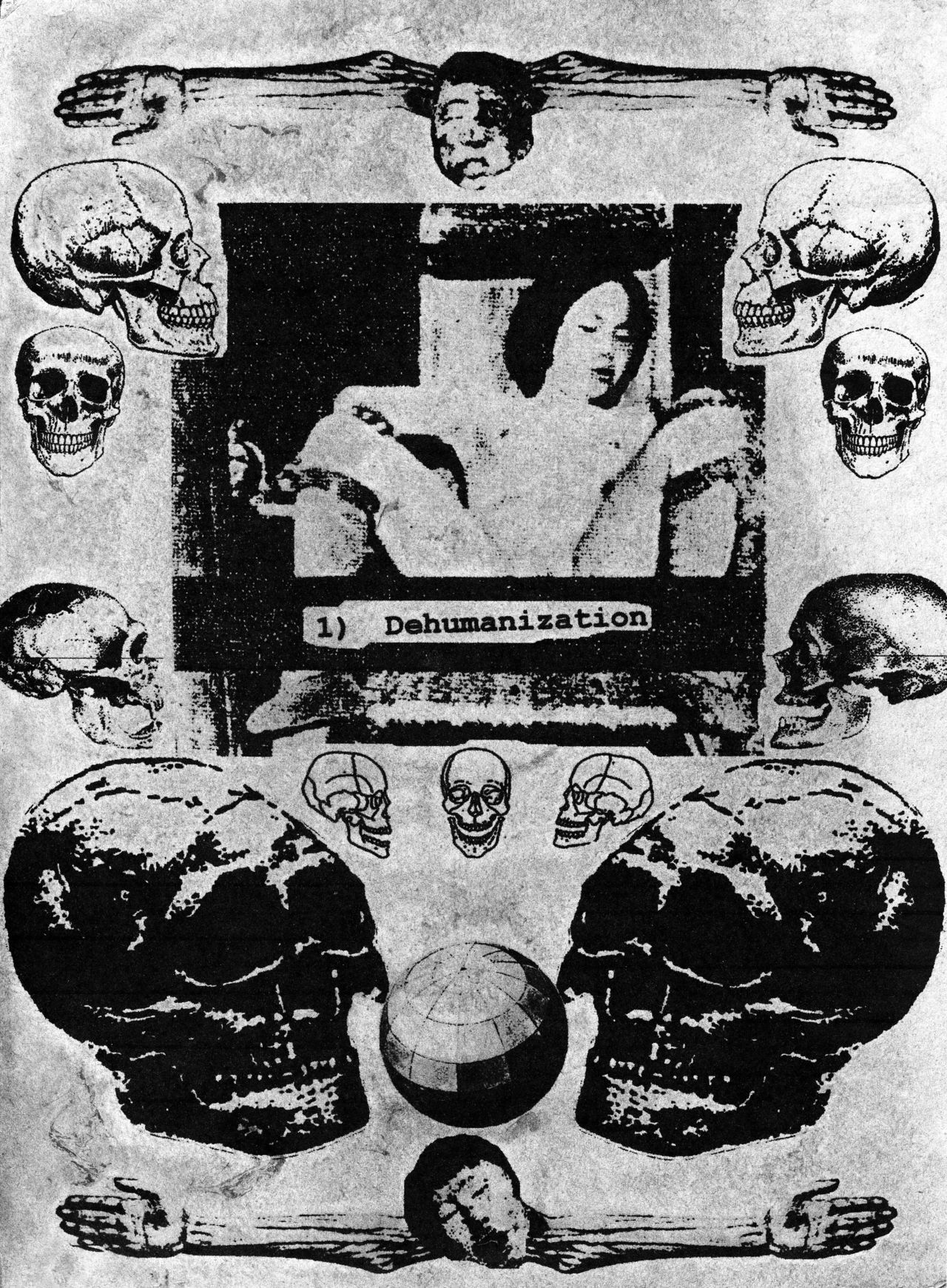

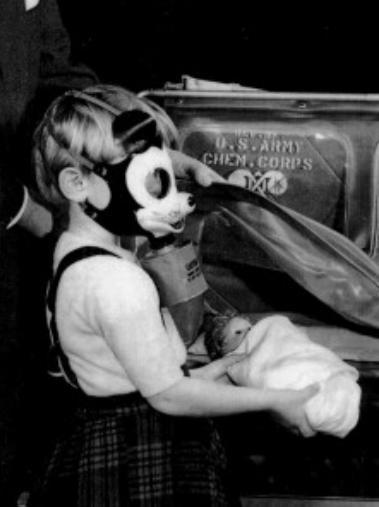

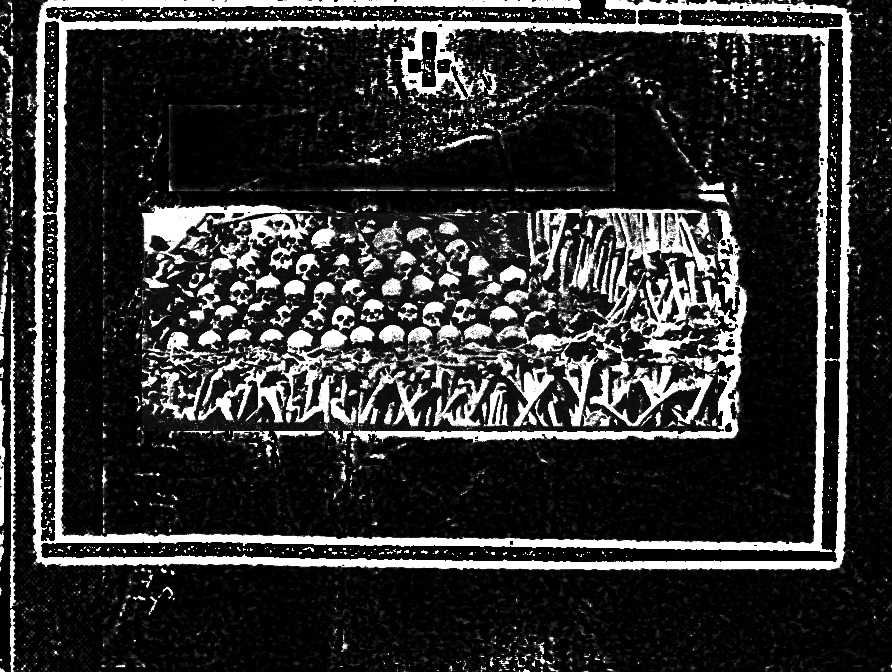
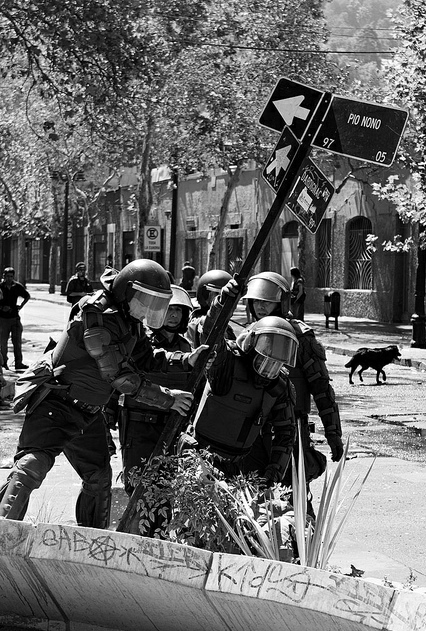
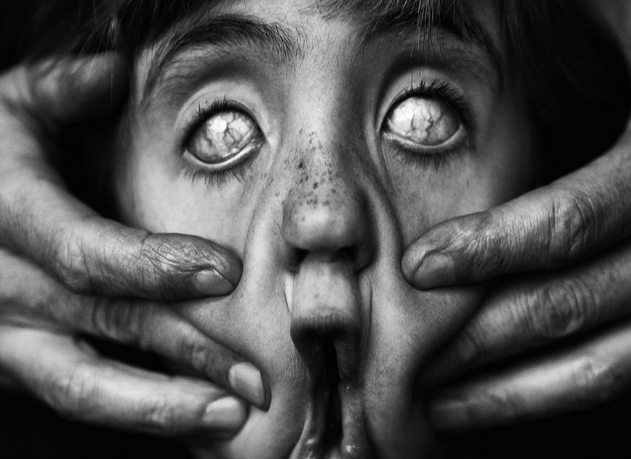

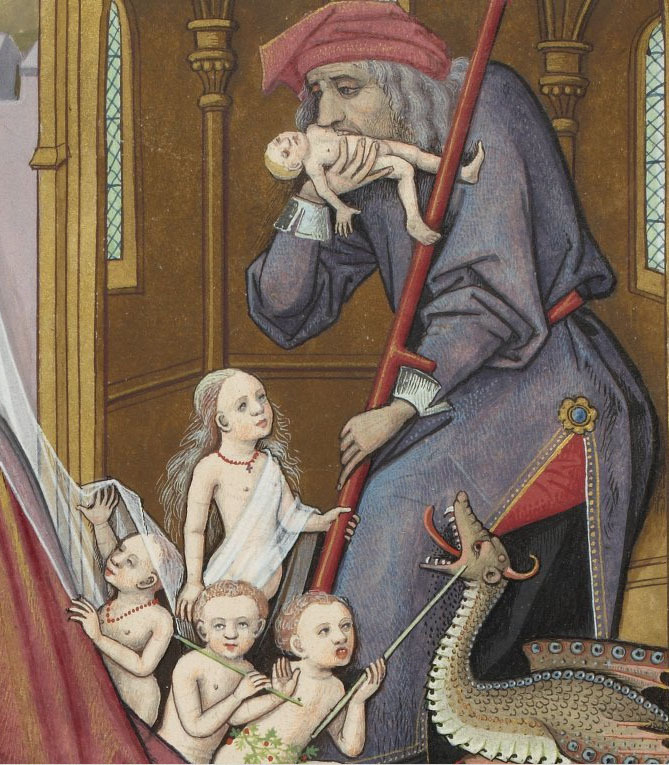
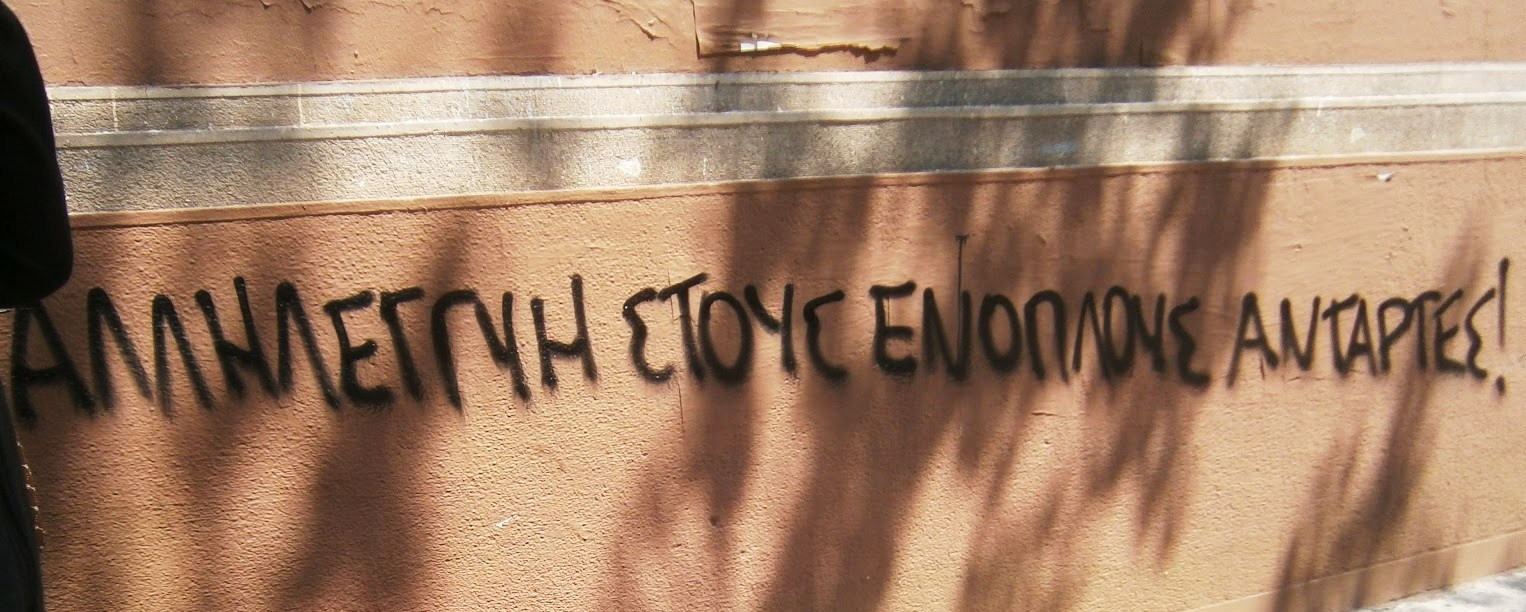

![Eurorepressione - Sulla conferenza a Den Haag sul tema "Anarchia" [corretto]](http://25.media.tumblr.com/tumblr_m0jvngOXtY1qa2163o1_1280.jpg)
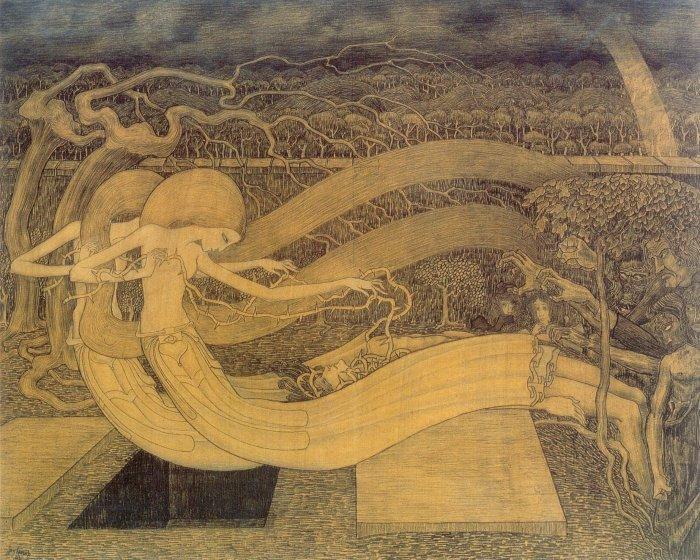
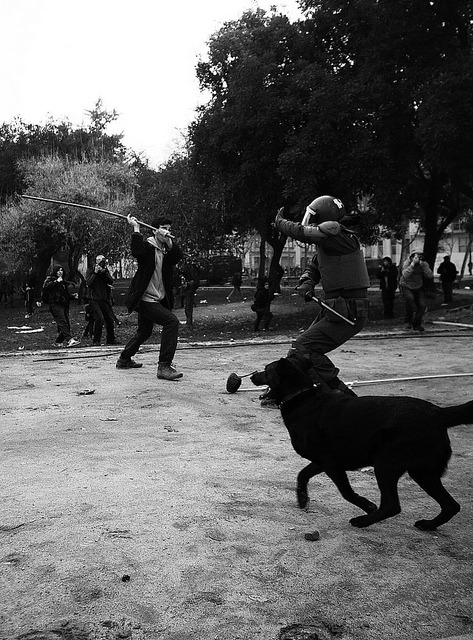
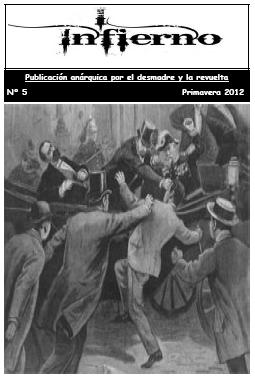
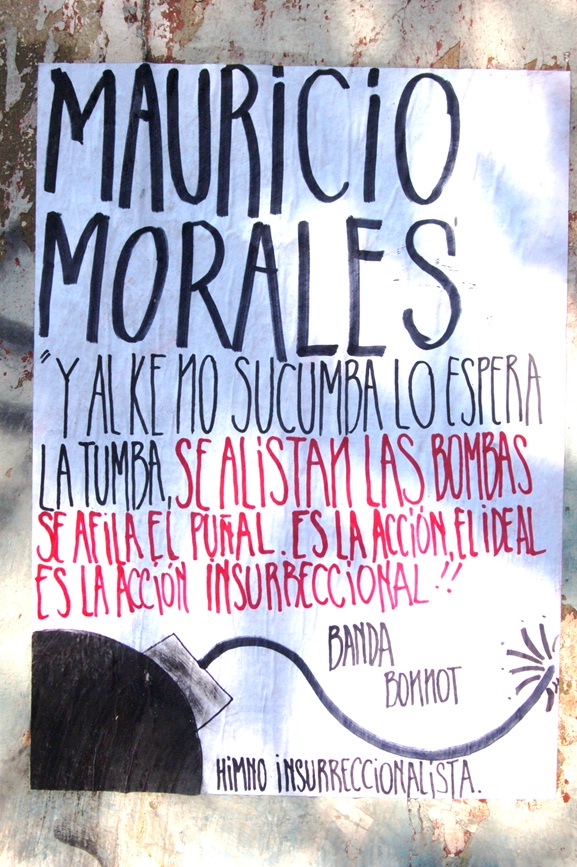
![A tres años de la Partida de Mauricio Morales: De la Memoria a la Calle [Stgo.]](http://metiendoruido.com/wp-content/uploads/2012/05/mmacividad.jpg)
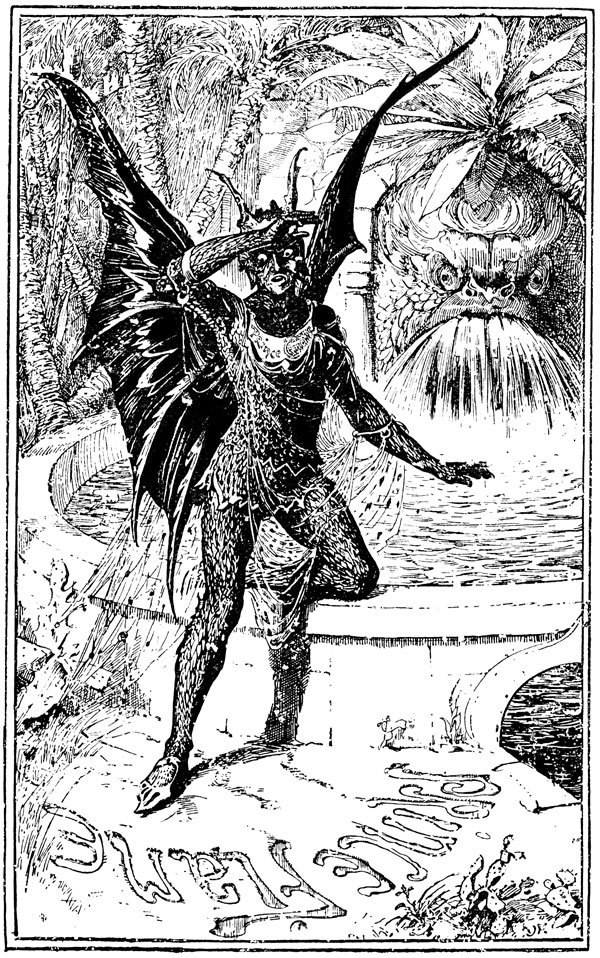




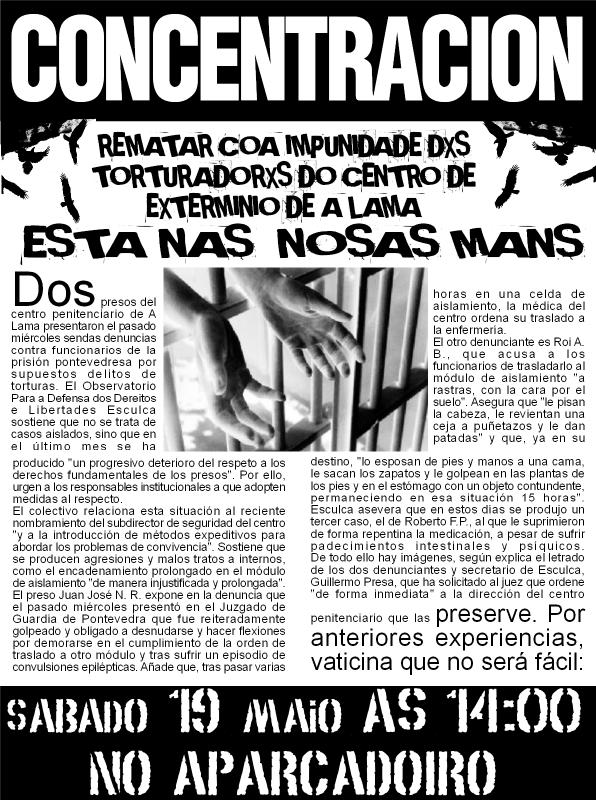

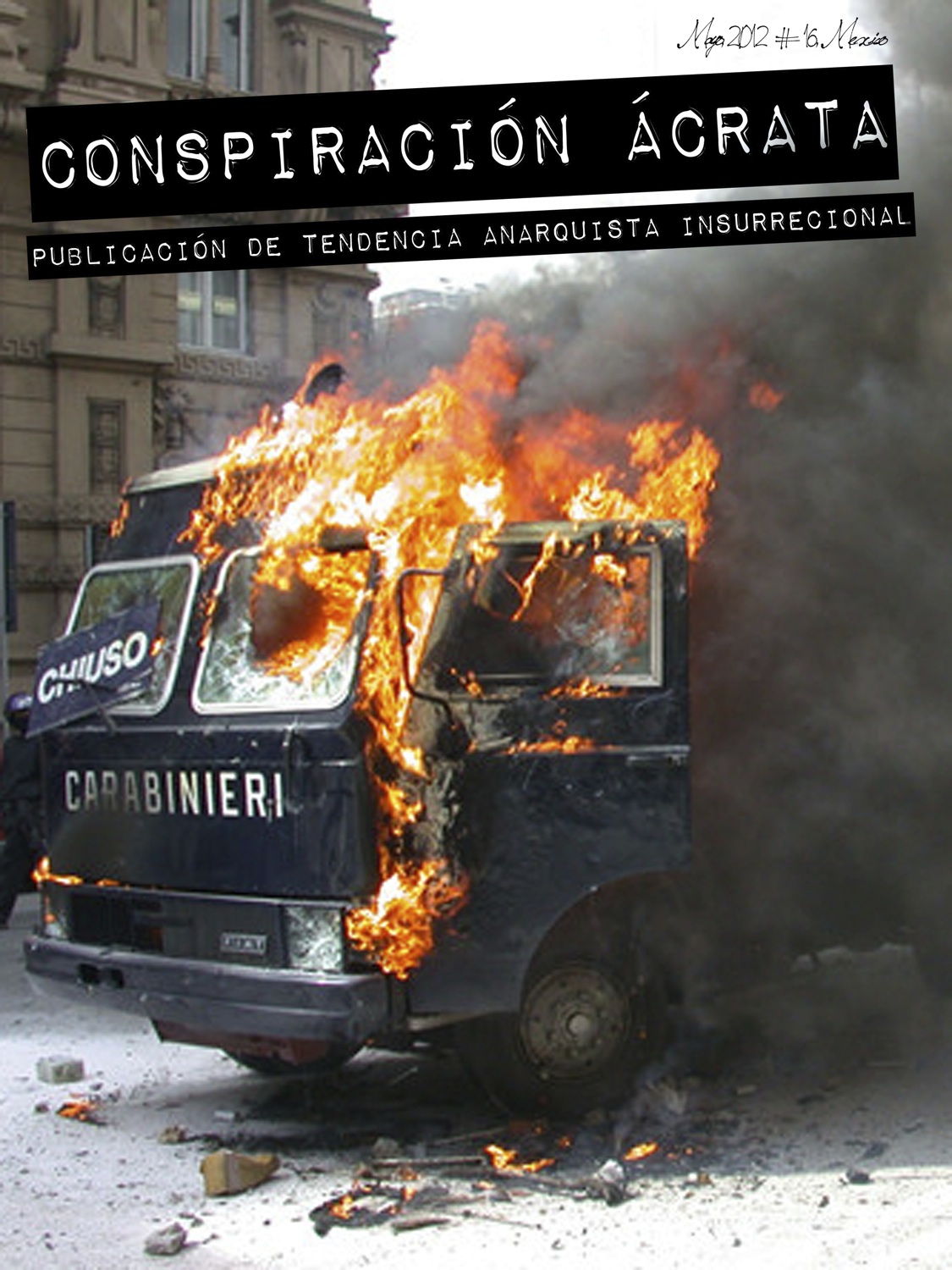

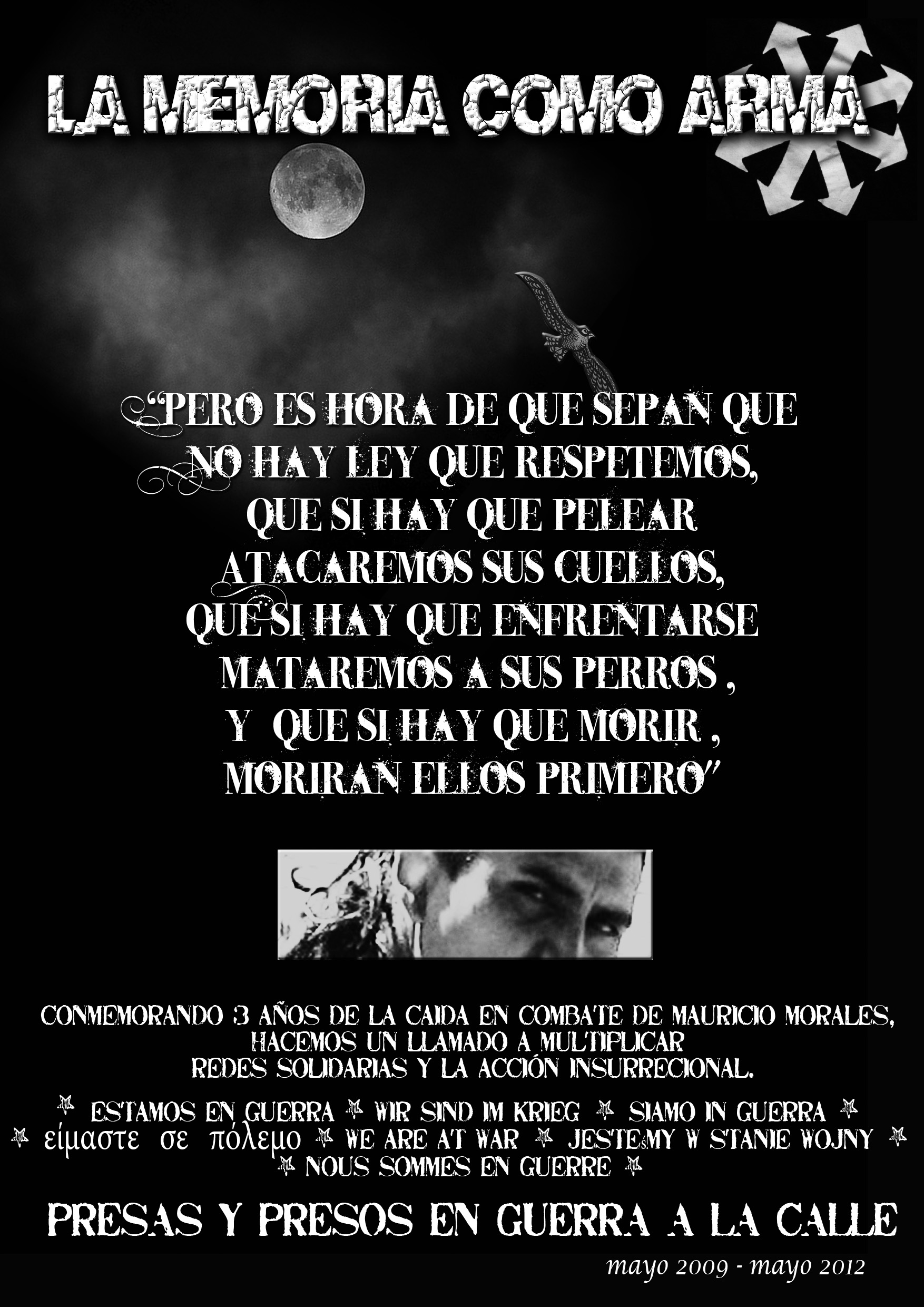
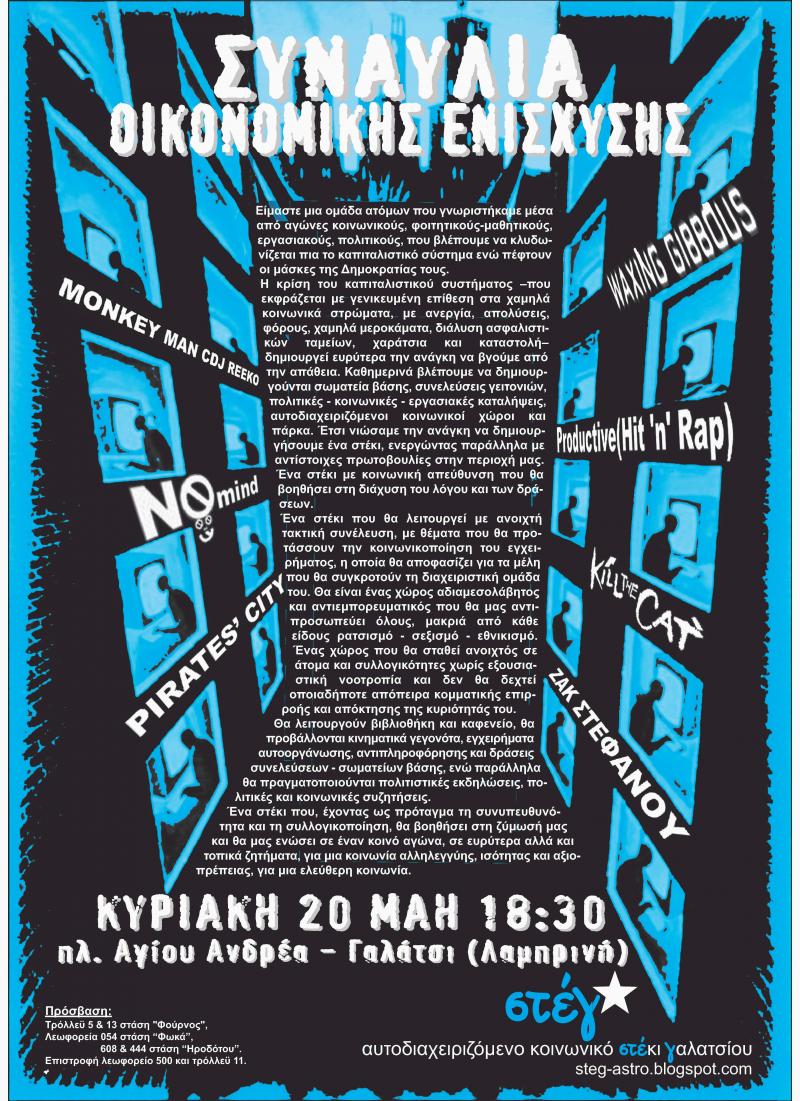








Nessun commento:
Posta un commento